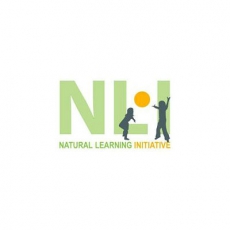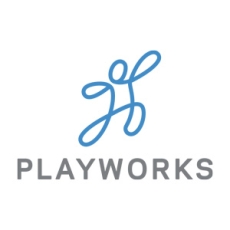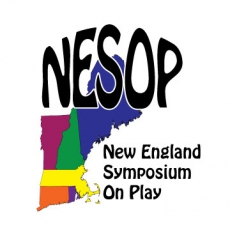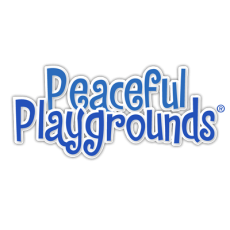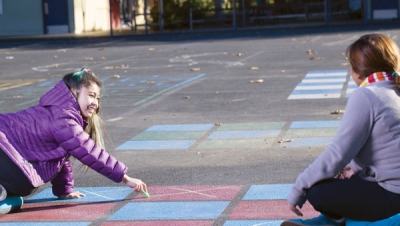The Natural Learning Initiative (NLI), College of Design, NC State University is an outreach unit focused on designing children’s play and learning environments. Through research, design assistance, and training, NLI seeks to promote a higher level of engagement, enhanced learning opportunities, and a healthier lifestyle for children and families.
NLI develops tools and resources for design, education, and design professionals with the end goal of creating outdoor environments that foster connections with the natural environment. Public parks, nature centers, botanical gardens, zoos, children’s museums, schools and childcare centers, and urban streetscapes all provide opportunities for integrating natural elements into children’s play and family life.
Through a partnership with PlayCore, NLI developed two best practice guideline publications. Available free of charge at their respective websites, these publications provide tools for planning and implementing naturalized environments for children and families through text, photos, and illustrations. NatureGrounds: Creating and Retrofitting Play Environments (http://naturegrounds.org) details how to design play environments that integrate living landscapes with manufactured play equipment. Pathways for Play: Infusing play into pathway networks to encourage active lifestyles for children, families, and communities (http://pathwaysforplay.org) supports the discovery of play opportunities in trail and open space development so that children and families continue to be drawn to and value trails and their adjacent natural environments.
Currently in final draft stage, the National Guidelines for Nature Play and Learning Areas publication is being developed with the National Wildlife Federation through funding from the U.S. Forest Service. Representatives from fourteen leading national organizations have aided in the development and promotion of these policy and practice guidelines for nature play areas in childhood and family institutions, including all of the above-mentioned contexts as well as federal lands.
Kids Together Park (KTP), in Cary, NC, is an example of naturalization, or the integration of manufactured equipment with the designed landscape to create a universal or inclusive community recreation facility. Robin Moore and Nilda Cosco, co-founders of NLI, contributed to the participatory design planning and development of KTP, and collaborated with Little and Little Landscape Architects to build the park. The findings of the Post Occupancy Evaluation done in 2007 contribute to evidence-based support for the universal design and naturalization of settings in public parks.
NLI seeks opportunities to partner with programs that use outdoor spaces frequented by children and families and offers training opportunities for professionals who design and manage natural play areas. Recently the Blanchie Carter Discovery Park at the Southern Pines Elementary School hosted a NC Play Daze event. Blanchie Carter Discovery Park is a four-acre example of NLI’s effort to naturalize school grounds, and serves the surrounding community as a public park in addition to being the outdoor environment for the school. The aim of Play Daze events is to bring communities together to play outdoors in a local community nature space.
Substantial research demonstrates that naturalized play environments contribute to the health of individuals who spend time in them, as well as to the health of the environment itself. When children play and learn in natural settings, they gain an understanding of why it is important to care for and protect nature and will be more likely to continue enjoying outdoor environments as they grow up.

